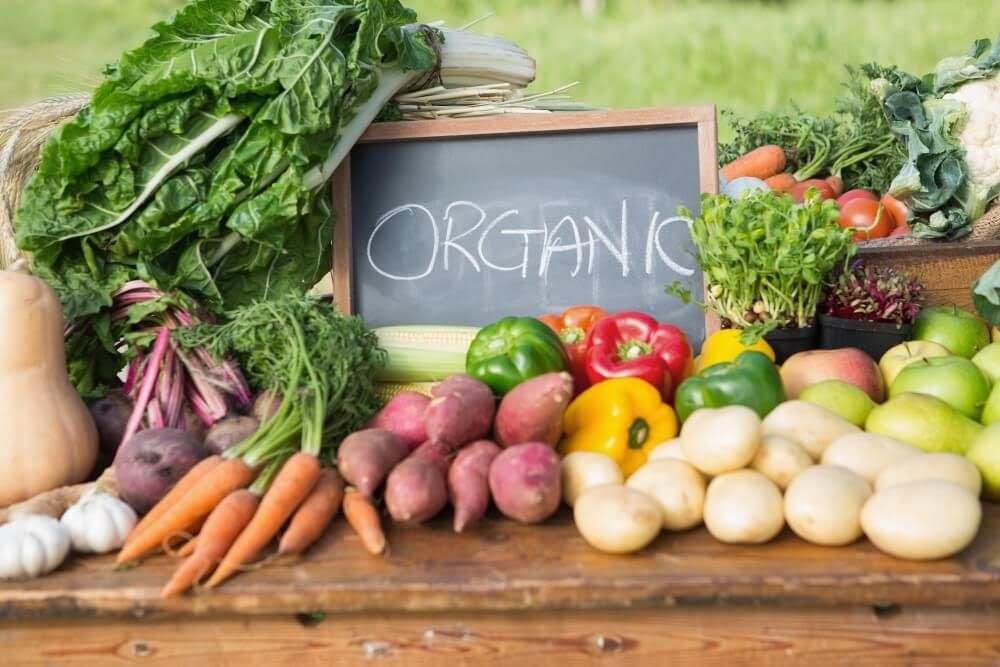In today’s fast-paced world, it’s easy to overlook where our food comes from. We often find ourselves grabbing a quick meal from a fast-food restaurant or picking up groceries from a big-box store without giving much thought to the journey our food has taken to get to our plates. However, there’s a growing movement that’s reconnecting people with the origins of their food – the farm-to-table experience.
What is Farm-to-Table?
Farm-to-table, also known as farm-to-fork, is a food movement that promotes sourcing food locally and directly from small-scale producers. Instead of relying on a complex supply chain that can involve long-distance transportation and storage, farm-to-table focuses on shortening the distance between the farm and the consumer. By doing so, it ensures fresher, more nutritious, and more sustainable food options.
The Benefits of Farm-to-Table
There are numerous benefits to embracing a farm-to-table approach to food. Here are just a few:
1. Fresh, Seasonal Produce
When you buy directly from local food producers, you’re more likely to get fruits and vegetables that are in-season and harvested at their peak ripeness. This means you’re getting the maximum flavor and nutritional value from your produce.
2. Support for Local Economy
By purchasing from local farmers, you’re helping to support small businesses in your community. This, in turn, contributes to the overall economic health and vitality of your region.
3. Environmental Sustainability
Shortening the distance your food travels reduces the carbon footprint associated with transportation. Additionally, many small-scale farmers use sustainable farming practices that are better for the environment.
4. Connection to Your Food
When you know exactly where your food comes from and who produced it, you develop a deeper connection to what you eat. This can lead to greater appreciation for the work that goes into growing and raising food.
How to Experience Farm-to-Table
There are several ways you can connect with local food producers and embrace the farm-to-table experience:
1. Visit Farmers Markets
Farmers markets are a great place to meet local farmers, artisans, and producers. You can sample their products, ask them questions about their practices, and even forge personal relationships that may lead to ongoing partnerships.
2. Join a CSA
Community Supported Agriculture (CSA) programs allow you to purchase a share of a local farm’s produce for a season. This not only ensures you receive a regular supply of fresh produce, but it also provides direct support to the farmer.
3. Dine at Farm-to-Table Restaurants
Many restaurants now prioritize sourcing their ingredients from local producers. By dining at farm-to-table restaurants, you can enjoy delicious meals made with fresh, seasonal ingredients while supporting the local food economy.
4. Take a Farm Tour
Some farms offer tours that allow you to see firsthand how your food is grown and raised. These experiences can be educational and inspiring, deepening your connection to the food you eat.
Conclusion
The farm-to-table movement offers a way to reconnect with where our food comes from, supporting local producers and enjoying fresher, more sustainable products in the process. By taking small steps to engage with the farm-to-table experience, we can enrich our diets, our communities, and our overall well-being.
